Ancestral Healing: The Transformative Work of Thomas Huebl
Sara Srifi
Tue Aug 05 2025

Explore how one visionary teacher is transforming trauma healing by revealing its hidden journey through generations. Thomas Hübl bridges ancient wisdom with modern neuroscience, showing that the wounds we carry, and our power to heal them, extend far beyond ourselves.
Bridging Ancient Wisdom and Modern Science to Heal Intergenerational Trauma
In the intersection of mysticism and neuroscience, few voices resonate as powerfully as that of Thomas Hübl, a contemporary spiritual teacher whose groundbreaking work on ancestral and collective trauma is reshaping our understanding of healing. At a time when the world grapples with inherited wounds, from historical atrocities to family dysfunction, Hübl offers a revolutionary approach that recognizes trauma not merely as an individual affliction, but as a collective inheritance that ripples through generations.
The Man Behind the Movement
Thomas Hübl is a renowned teacher, author, and host of the Collective Trauma Summit whose work integrates timeless mystical principles with the discoveries of science. Born in Austria, Hübl's journey began with a profound mystical experience that led him to dedicate his life to understanding the deeper dimensions of human consciousness and healing. He is the founder of the Academy of Inner Science and has become an internationally recognized expert on healing collective trauma.
Understanding Collective and Ancestral Trauma
At the heart of Hübl's work lies a radical proposition: trauma is not confined to the individual psyche but exists as a living force that moves through families, communities, and entire cultures. His work culminates in understanding why it is that old and seemingly disconnected traumas can seed their way through communities and across generations.
Unlike traditional therapeutic approaches that focus primarily on personal healing, Hübl's methodology recognizes that we carry within us the unresolved traumas of our ancestors. These invisible wounds manifest as anxiety, depression, relationship difficulties, and even physical ailments, symptoms that may seem inexplicable until viewed through the lens of intergenerational transmission.
The Science Behind the Spirituality
What sets Hübl apart from other spiritual teachers is his commitment to bridging ancient wisdom with contemporary scientific understanding. His approach draws from multiple disciplines:
Neuroscience and Epigenetics
Modern research has revealed that traumatic experiences can literally change our genetic expression, passing stress responses to future generations. Hübl incorporates these findings into his understanding of how ancestral patterns persist and can be transformed.
Somatic Awareness
The body, Hübl teaches, is the repository of not only our own experiences but also those of our lineage. Through heightened somatic awareness, individuals can learn to distinguish between their own emotions and those inherited from previous generations.
Collective Intelligence
Perhaps most revolutionary is Hübl's concept that healing happens not just within individuals but within the collective field, the invisible web of relationships that connects all beings.
The Healing Process: Integration Over Elimination
Central to Hübl's methodology is the understanding that healing trauma doesn't mean eliminating it, but rather integrating it. His work reveals new methods for healing collective trauma to resolve wounds from the past and activate our evolutionary potential. This process involves several key elements:
Presence and Attunement
Hübl emphasizes the cultivation of what he calls "coherent presence", a state of being that can hold both individual and collective experiences without being overwhelmed by them. This presence becomes a healing force that can transmute trauma into wisdom.
Relational Healing
Unlike solitary meditation practices, much of Hübl's work happens in relationship with others. Through group processes and community healing, participants learn to navigate the complex dynamics of shared trauma.
Cultural Transformation
The ultimate goal extends beyond individual healing to cultural transformation. By addressing collective wounds, communities can break cycles of violence, oppression, and dysfunction that have persisted for generations.
Practical Applications: From Theory to Transformation
Hübl's teachings aren't merely theoretical; they translate into practical methodologies that individuals and communities can apply:
The Ancestral Healing Code
His intensive programs like "The Ancestral Healing Code" offer months of live online interactive teaching and Q&A sessions including live process work, providing participants with tools to identify and transform inherited patterns.
Collective Healing Conferences
Through events like the Collective Healing Conference, Hübl creates global gatherings where participants can experience collective healing processes firsthand.
Integration with Daily Life
The work emphasizes practical integration, teaching people how to maintain awareness of ancestral patterns while navigating contemporary challenges like relationships, parenting, and professional life.
The Ripple Effects: Individual and Global Implications
The implications of Hübl's work extend far beyond personal healing. As individuals transform their relationship with inherited trauma, they contribute to what he calls "collective healing", a process that can address some of humanity's most pressing challenges:
Breaking Cycles of Violence
By healing ancestral trauma, families and communities can interrupt patterns of abuse, addiction, and dysfunction that might otherwise continue for generations.
Cultural Reconciliation
Hübl's work has been applied to historical traumas, including the Holocaust and other genocides, offering pathways for collective reconciliation and healing.
Global Transformation
As we learn to see through the broken glass of trauma, we can engage in the global collaboration we need to solve the climate crisis. Hübl argues that addressing collective trauma is essential for humanity's ability to respond effectively to planetary challenges.
The Literary Legacy: Key Publications
Hübl's written works, including "Healing Collective Trauma: A process for integrating intergenerational and cultural wounds" and his new book "Attuned," serve as foundational texts for understanding his methodology. "Healing Collective Trauma" advocates for a holistic approach to healing that considers not only the psychological and physiological ramifications of trauma but also its intergenerational and cultural dimensions.
These publications make Hübl's complex teachings accessible to a broader audience, combining theoretical frameworks with practical exercises and real-world applications.
Challenges and Critiques
Like any pioneering work, Hübl's approach faces certain challenges and critiques. Some traditional therapists question the scientific basis for certain claims about intergenerational trauma transmission, while others worry about the potential for spiritual bypassing, using spiritual practices to avoid dealing with practical psychological issues.
Hübl addresses these concerns by maintaining rigorous attention to both spiritual and psychological dimensions of healing, emphasizing the importance of grounded, embodied work rather than purely conceptual understanding.
The Future of Ancestral Healing
As we move deeper into the 21st century, Hübl's work appears increasingly relevant. In an era marked by global trauma, from pandemics to climate change to social upheaval, his vision of collective healing offers hope for transformation at scales previously thought impossible.
His ongoing programs continue to attract guest speakers including notable figures like Gabor & Daniel Maté, indicating the growing recognition of his work within broader healing and psychological communities.
A New Paradigm for Healing
Thomas Hübl's work represents more than just another therapeutic modality; it offers a new paradigm for understanding human consciousness and healing. By recognizing that individual wellness is inseparable from collective healing, his approach points toward a future where communities can consciously transform inherited patterns of trauma into wisdom, resilience, and evolutionary growth.
In a world hungry for authentic transformation, Hübl's integration of ancient wisdom and modern science provides a roadmap for healing that extends from the personal to the planetary. His work reminds us that we are not isolated individuals carrying our wounds alone, but interconnected beings capable of transforming suffering into a source of collective wisdom and strength.
For those drawn to this path, the invitation is clear: to step into the role of ancestral healers, taking responsibility not only for our own healing but for the healing of our lineages and the world itself.
For more explorations of ancient wisdom in modern life, continue your journey with Wisdomia's collection of timeless insights and practical philosophy.
Sources
- Thomas Hübl Official Website - https://thomashuebl.com/
- The Ancestral Healing Code Program - https://ancestralhealingcode.com/
- Healing Collective Trauma Book - https://www.collectivetraumabook.com/
- Sounds True: Thomas Hübl Interview - https://resources.soundstrue.com/podcast/thomas-hubl-alchemizing-individual-ancestral-and-collective-trauma/
- Sounds True: Healing Collective Trauma - https://resources.soundstrue.com/podcast/thomas-hubl-healing-collective-trauma/
- Goodreads: Healing Collective Trauma Reviews - https://www.goodreads.com/book/show/50403513-healing-collective-trauma
- Thomas Hübl Books and Publications - https://thomashuebl.com/books/
- 2024 Collective Healing Conference - https://thomashuebl.com/2024-collective-healing-conference/
-
previous
Wu Wei: The Art of Effortless Living
next
Joanna Macy: Deep Ecology and the Work That Reconnects
Share this

Sara Srifi
Sara is a Software Engineering and Business student with a passion for astronomy, cultural studies, and human-centered storytelling. She explores the quiet intersections between science, identity, and imagination, reflecting on how space, art, and society shape the way we understand ourselves and the world around us. Her writing draws on curiosity and lived experience to bridge disciplines and spark dialogue across cultures.
More Articles
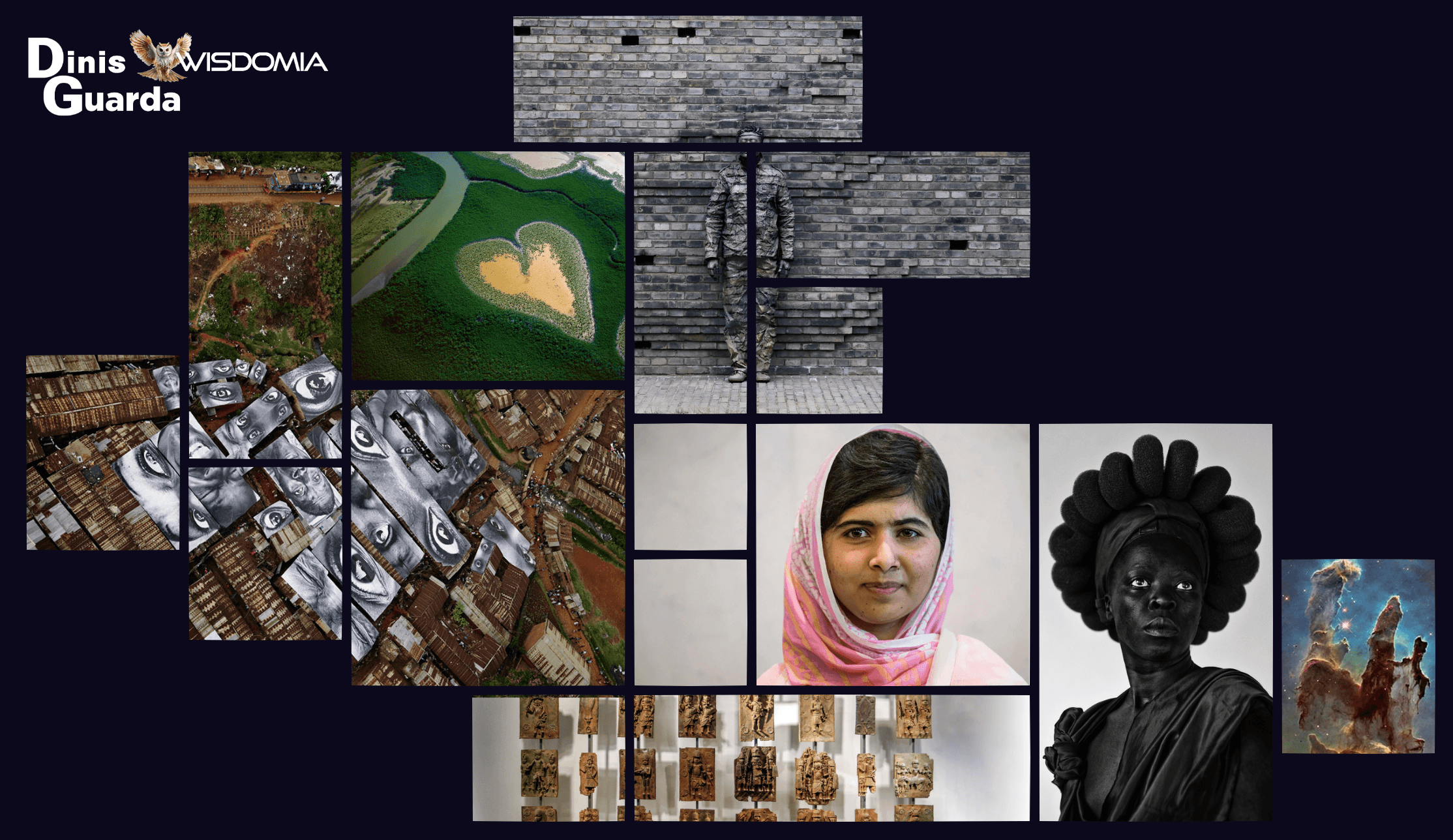
The Digital Convergence: When Images Became Everything, Everywhere, All at Once
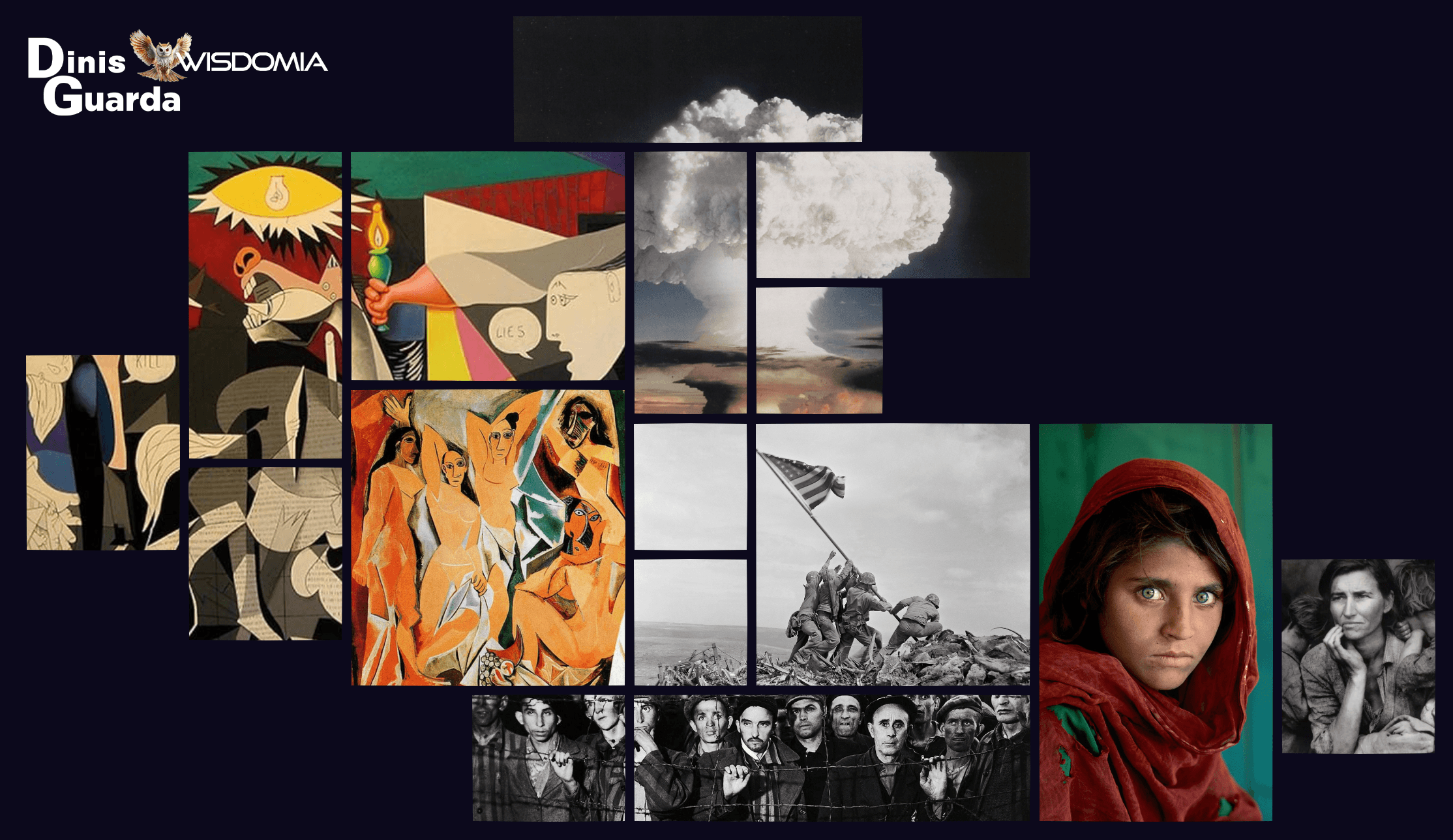
Modern Revolutions and the Digital Explosion: Images That Shattered and Rebuilt Reality
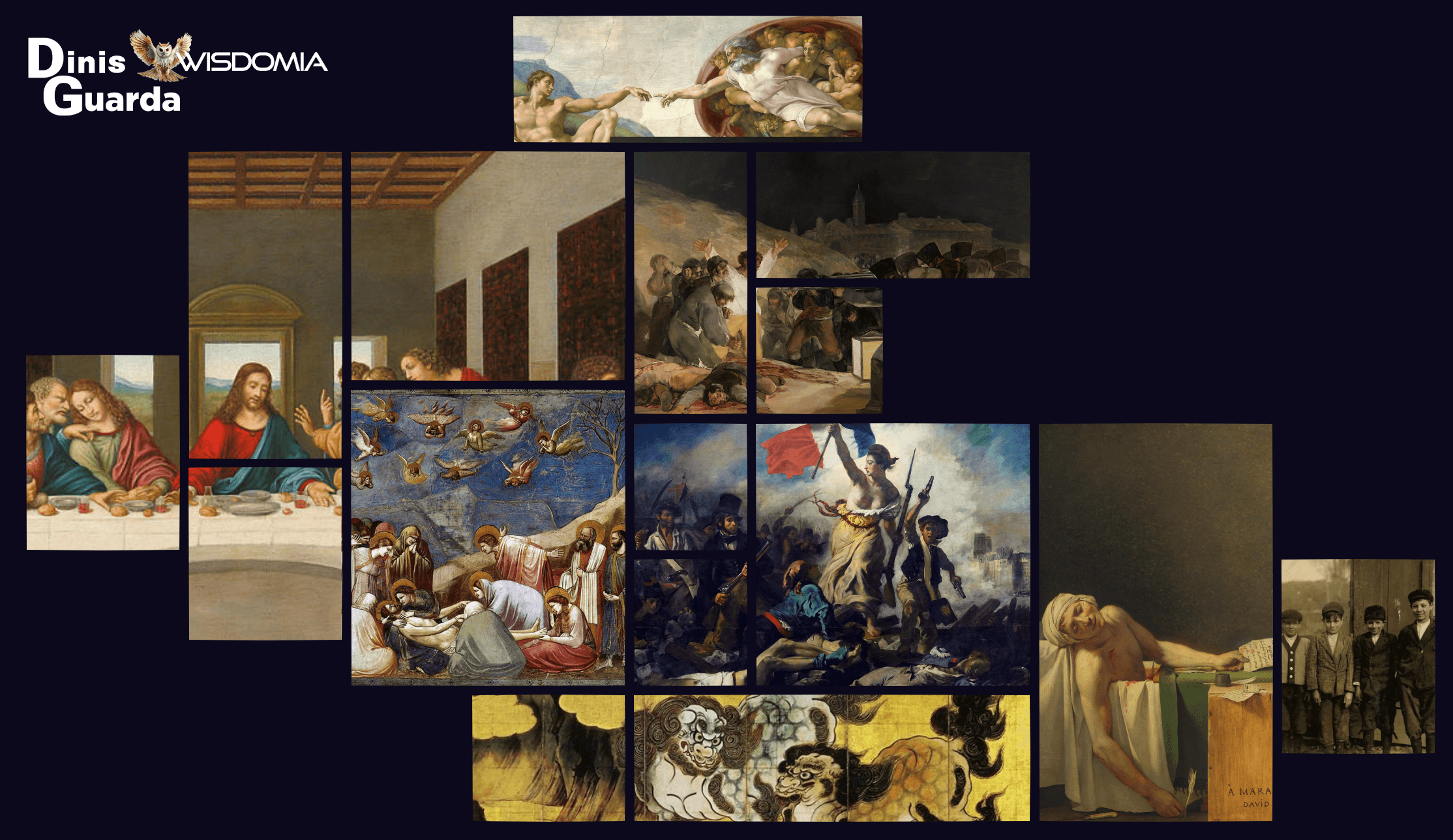
Renaissance Humanism and the Birth of the Modern Gaze: Images That Taught Us to See Ourselves
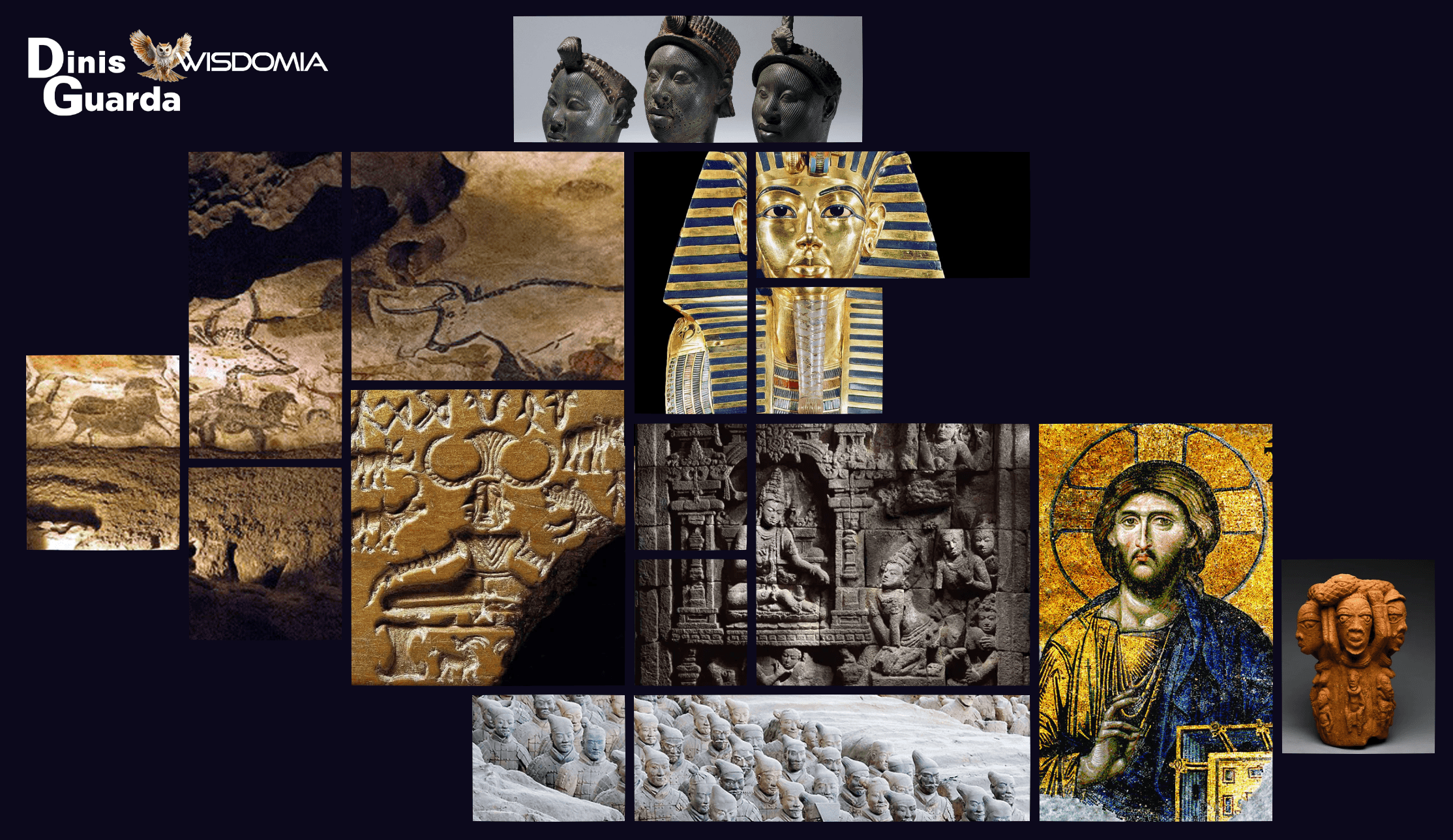
When Vision Becomes Destiny: The First 25 Images That Shaped Human Consciousness
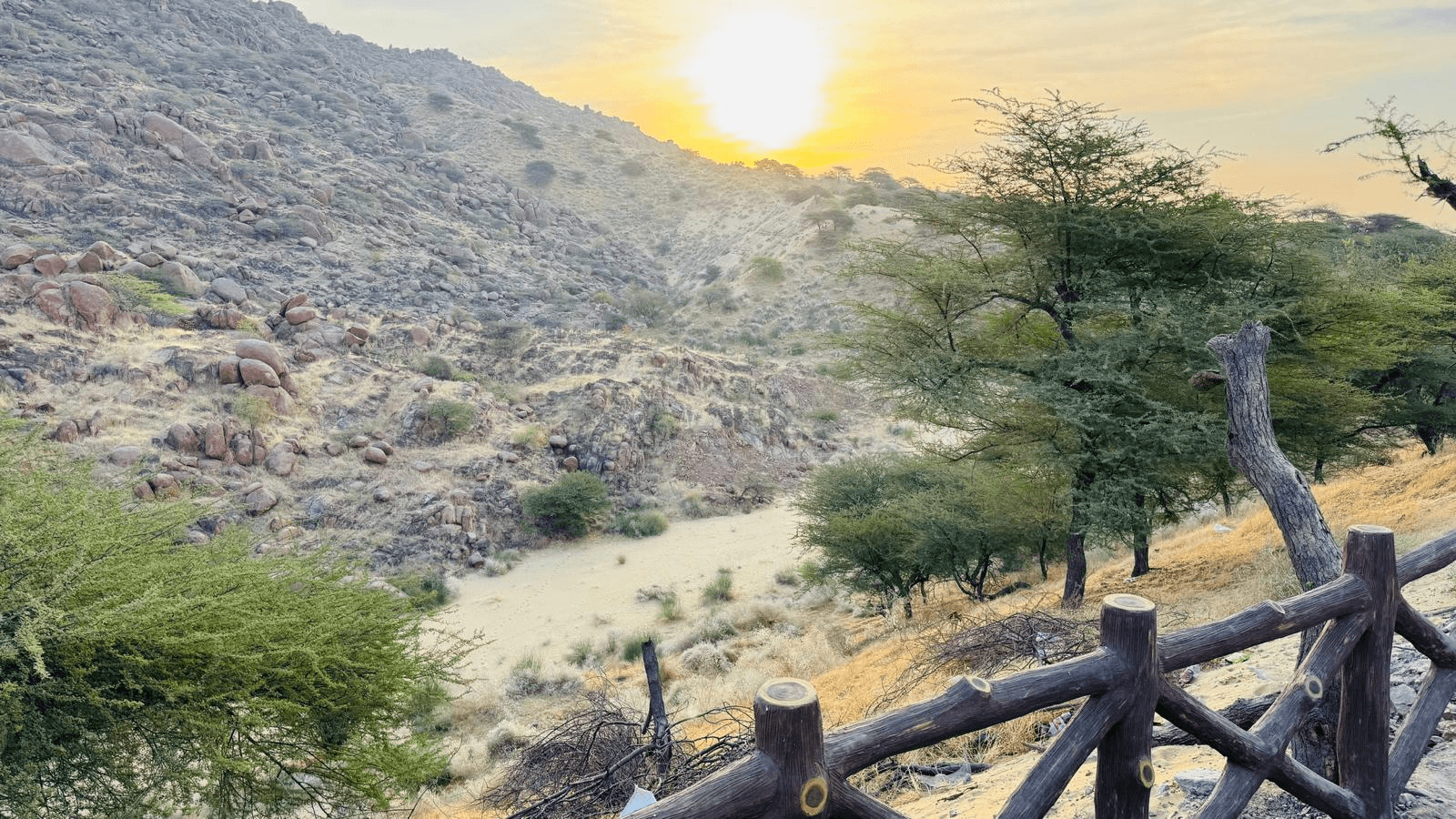
What a Small Indian Village Teaches the World About Sustainability





